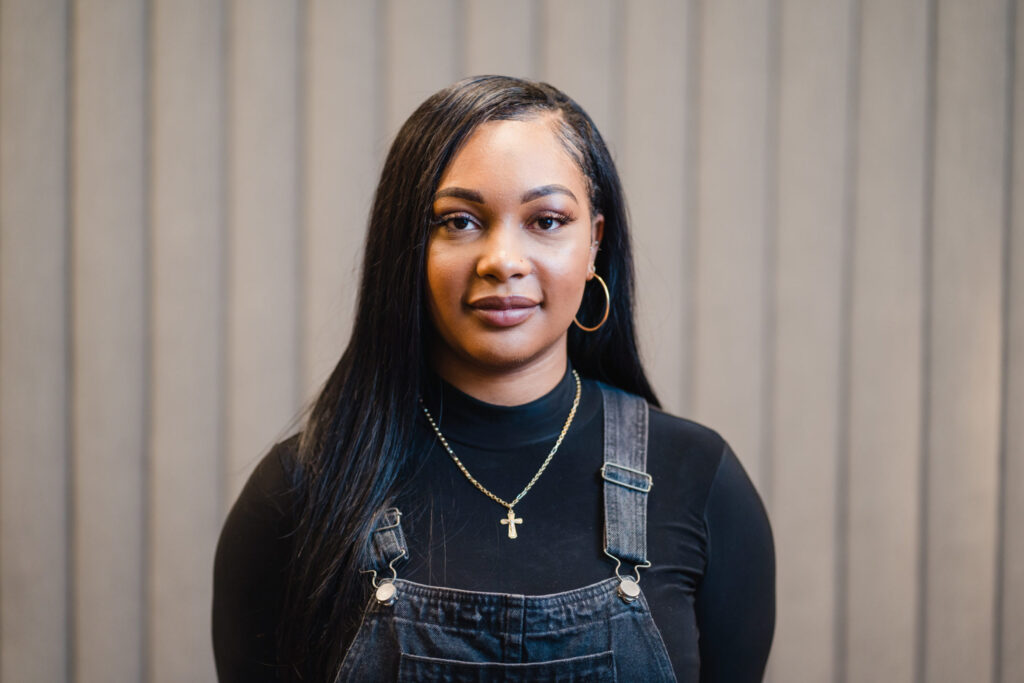Celebrating women beyond International Women’s Day
As much as I love the notion of International Women’s Day, I feel women’s achievements should be celebrated every day. I myself hold a great pride in being a woman – especially a black one. As demonstrated throughout history black women historically have always joined our male counter parts on the front-line of racial equality and change. But these contributions as well as our participation in the civil rights, suffragette and feminist movement are often overlooked and forgotten about.
My family has always been filled with strong independent women. Unlike most people, I have had the honour of being raised by three generations of women that have never let me forget how strong and resilient being a woman can be.
I celebrate my great grandmother’s brave journey to England during the Windrush era, as it was always a story that inspired me. I celebrate my grandmother’s constant reinvention of herself and her career, which was something that equally motivated me. Additionally, I celebrate my mum everyday as her strength and never-ending love and support always gave me a sense of pride of who I am, as well as acknowledging the sacrifices the women before me had made.
Women in power
My mum always instilled the importance of knowing your history and from this I was able to have my own variety of ‘Sheros’. I looked up to and admired these different women in history who defied the odds, stood strong and made a difference during their lifetime.
Women such as this, and who I’d like to pay homage to during this year’s International Women’s Day would be the incredible Mary Seacole. A British-Jamaican nurse, Mary aided soldiers on the front line of the Crimean War, but in spite of her bravery, was largely forgotten about for almost a century after her death in 1881. It was only in 2016 she was honoured and became the first black woman to be made into a statue in the UK.
Another woman that I’d like to celebrate and always resonated with me, is the famous Mexican painter, Frida Kahlo. Her ability to depict her pain and life story through her paintings was captivating to me. My earliest introduction to art, her work and its uniqueness were statements to me – as well as a reminder – to never conform to other’s expectations of what the ‘perfect woman’ should be.
I could write paragraphs on why the likes of Audrey Hepburn, Aaliyah Haughton, Billie Holiday, Olive Morris, Jane Fonda and Ruth Bader Ginsburg are all influential women that have inspired me in some sort of way. Women in history should most definitely be celebrated, but we should also never forget the everyday woman too.
21st century statistics
Unfortunately, even in the 21st century we still live in a society that is very much gender-biased. Statistics last year showed that the gender pay gap is higher in every English region than in Wales, Scotland and Northern Ireland.
In 2021, more women than men were furloughed with a loss of pay, resulting in women’s earnings dropping by 13% on average over the course of the pandemic – around twice as much as typical male earnings. With women more likely to have been employed in lower paid sectors such as retail, hospitality and leisure and facing more caregiving responsibilities, half the nation’s women have reported a drop in disposable income, while men’s have remained stable, think tank the Centre for London reported.
Women are often more likely to fill more part-time jobs, which in comparison with full-time jobs have lower hourly pay. Women that work part-time often do so because they have children and so can only work for a limited number of hours. According to reports, the average price for full-time childcare costs around £14,000 a year which is a hefty sum for many. As of last year, £585 a week was the average earning for adults in the UK according to the Office for National Statistics (ONS) and childcare fees accounted for almost 40% of that income.
Statistics from the World Economic Forum indicate that we’re only 68% of the way to gender equality globally. Only 41% of professionals in senior positions are women and for sectors such as mine, in journalism, 55% are men.
My final thoughts
I believe the main barriers to women’s progression are the current conflicting ways of organising work and caregiving responsibilities. Alternative working time policies and equal pay should both go alongside the efforts of restructuring the gender bias system. These biases are problematic and can often form false narratives to the capability of women in their job roles.
Despite the evident disproportion in the work sector, women of today have come a long way from our predecessors. We are a lot more vocal about the obstacles we face, whether that be sexual harassment at work, domestic violence at home or advocating for body confidence. Gaslighting on gender inequality is no longer acceptable and hopefully days such as International Women’s Day can be used as a mainstream platform to make a universal change.
For more thoughts around International Women’s day from the NKD team click here.
